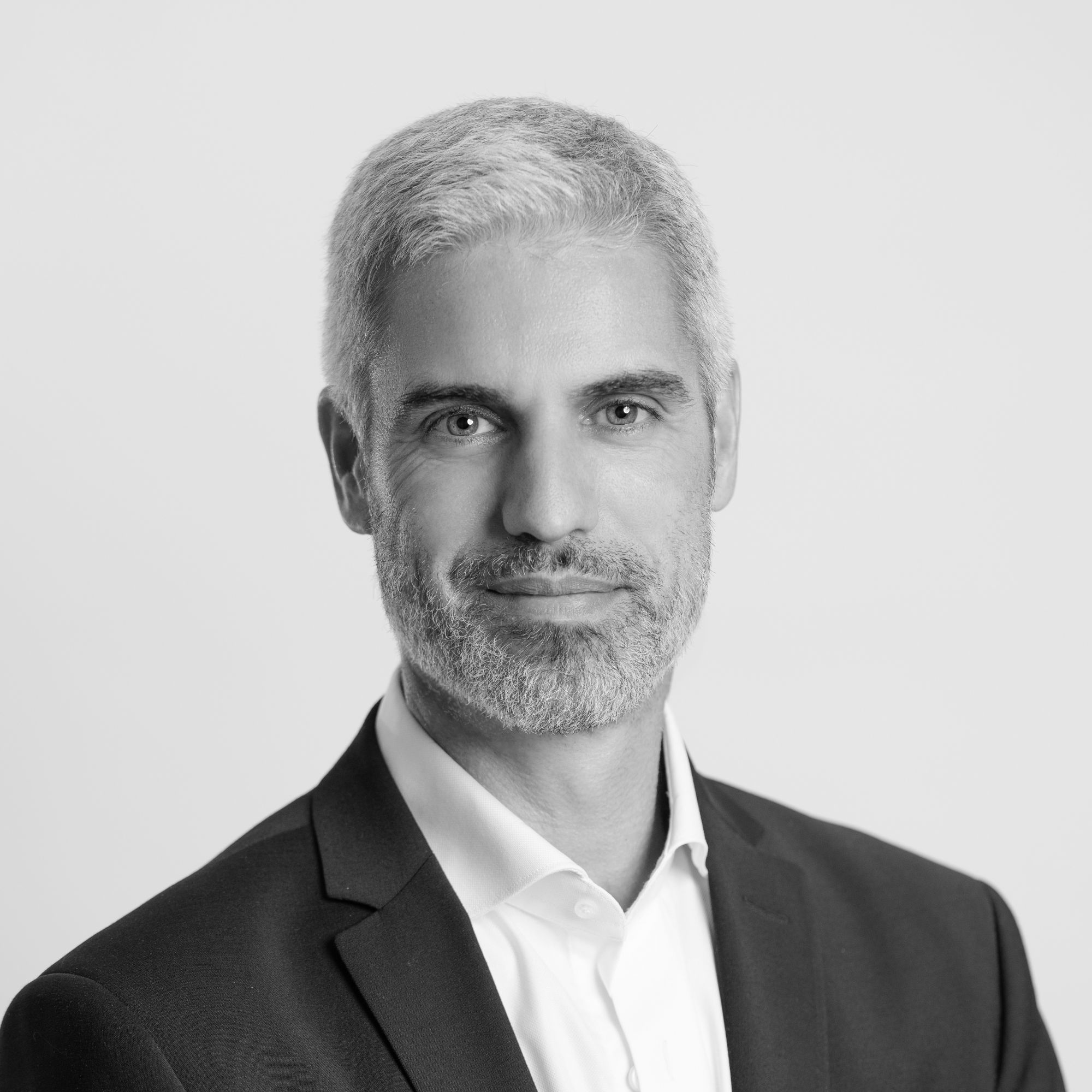- Home
- EN
- Our impact
- ProspeKtive
ProspeKtive
Designing the buildings of tomorrow around innovative uses and new interactions means using academic research. Because we believe in the strength of the collective and in the openness of ideas, we share here, with you, the research conducted by our experts.
The post-Covid urban exodus, myth or reality?
Text written by Kardham, from an interview with Alexandre Coulondre Doctor in socio-economics, associate researcher at LATTS, Founder of DIT Conseil (Data, Real Estate, Territories).
Space optimization: what is the minimum office space?
Whatever the sites, the observation is there. After the first weeks of effervescence, the frequentation of work environments stagnates when it does not drop. Home office is on the rise. Often, the level of presence will not return to its pre-crisis level. On the ground, it seems that human resources have handed over to finance.
After healing the wounds and setting up new working methods, it is a question of concretizing the investments in the future. With everywhere the same question: how far is it possible to optimize the workspace? And how ?
What are the implications of spatiality and the social on informal relationships at work?
For companies, informal interactions represent a particularly strategic issue because it has been established for several decades that they have a positive influence, particularly on innovation and cooperation between individuals (Mintzberg, 1973). As early as the 1950s, many researchers questioned how the spatial configuration of the organization could favor the emergence of this type of relationship (Newcomb, 1956), leading to the emergence of different approaches around this issue.
Beyond the coffee machine: how to team up despite the distance?
The Covid crisis never ends and continues to question working groups. Despite several months of forced experimentation with telework, many questions remain, in particular those relating to the preservation of the collective despite the distance. And if this question required reviewing certain well-established prejudices forged by decades of work on site? Such is the ambition of the book written by the Futures of Industry and Labor Chair of Mines Paris Tech: Is remote work shaping the future of work?
The constructions of tomorrow must be sustainable and recyclable
Committed to sustainable real estate, the Kardham group uses its unique structure of integrated businesses to offer complete solutions, from upstream to the delivery of eco-designed projects that meet environmental regulatory requirements. Interview with David Habrias, associate managing director in charge of architecture, and Sylvie Simon-Elia, director of the Engineering division of the Kardham group.
Editorial published in BIG, the Business Immo magazine.
The office of tomorrow? It's not win !
New office occupancy patterns - often flex office - are shaking up the real estate industry and contradicting each other on eco-responsibility issues. This transformation, writes Kardham's associate director, will be more complicated than it looks ...
Tribune published in Les Echos.









